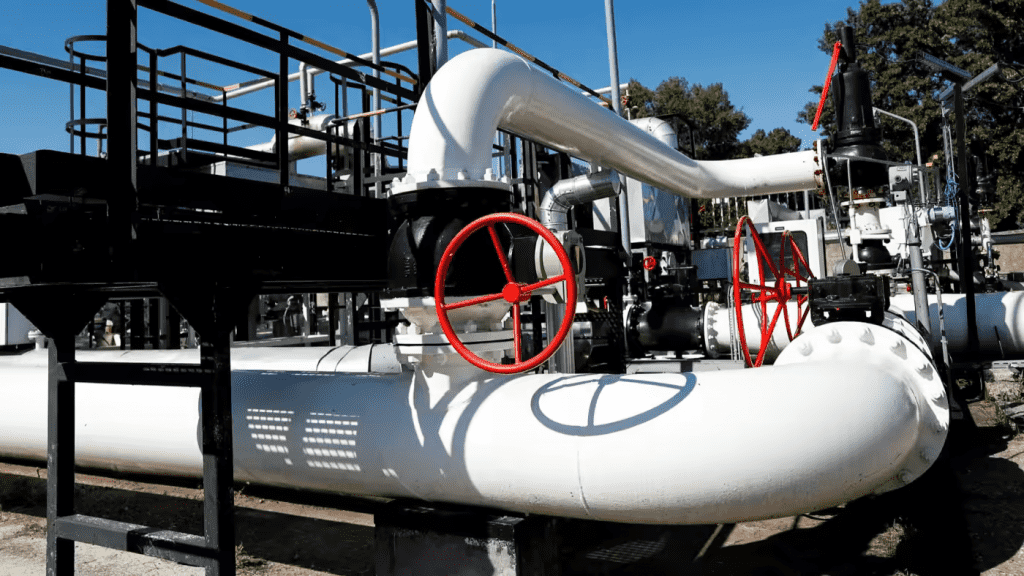Oil prices increased on Tuesday after the EU decided on an agreement to cut Russian oil imports by the end of 2022, adding to concerns about a weaker market already pressured by rising demand ahead of the peak driving season in the United States and Europe.
Oil prices for July, which expire on Tuesday, were up 33 cents at $122 a barrel. The more actively traded August contract gained 33 cents to $117.93. West Texas Intermediate (WTI) crude futures in the United States traded at $117.31 a barrel, up to $2.24 from Friday’s closing.

The EU leaders agreed to prohibit most Russian oil imports from depriving Russian President Vladimir Putin of funds to support his operation in Ukraine. The ban, which was decided upon after weeks of arduous discussions, would include oil and petroleum products but consists of a temporary exemption for oil delivered by pipeline from Russia. This was done to give Hungary, Slovakia, and the Czech Republic more time to wean themselves from Russian crude oil imports.

The agreement came after a standoff over the oil embargo between the commission and Hungary, which claimed Brussels was ignoring the country’s energy security needs due to its reliance on the Russian Druzhba pipeline.
The European Council President, Charles Michel, lauded the agreement, writing on Twitter that it would remove “a big source of funds for [Russia’s] war machine” and would put maximum “pressure on Russia to end the war.”
The embargo will extend to seaborne oil purchases, which account for around two-thirds of Europe’s Russian imports. Furthermore, agreements by Germany and Poland to halt oil imports via the northern section of the Druzhba pipeline are likely to bring the ban’s coverage to 90% by the end of the year.

Leaders of the European Union have given the green light to reduce 90 percent of Russia’s oil imports by the end of 2022; however, they have not decided how long the carve-out of Russian oil supplied by pipeline will last, merely stating that it will be “temporary” and that they will return to the issue soon.

The restriction was supported by almost every EU member, implying that the market was “already pricing in EU self-sanction and much less Russian oil moving to Europe this year,” according to SPI Asset Management Managing Partner Stephen Innes.
“I think the market is pricing in some more Asia demand via China; however, the glaring concerns are the skyrocketing petrol prices at the pump that could lead to some driving season demand destruction,” Innes added.


